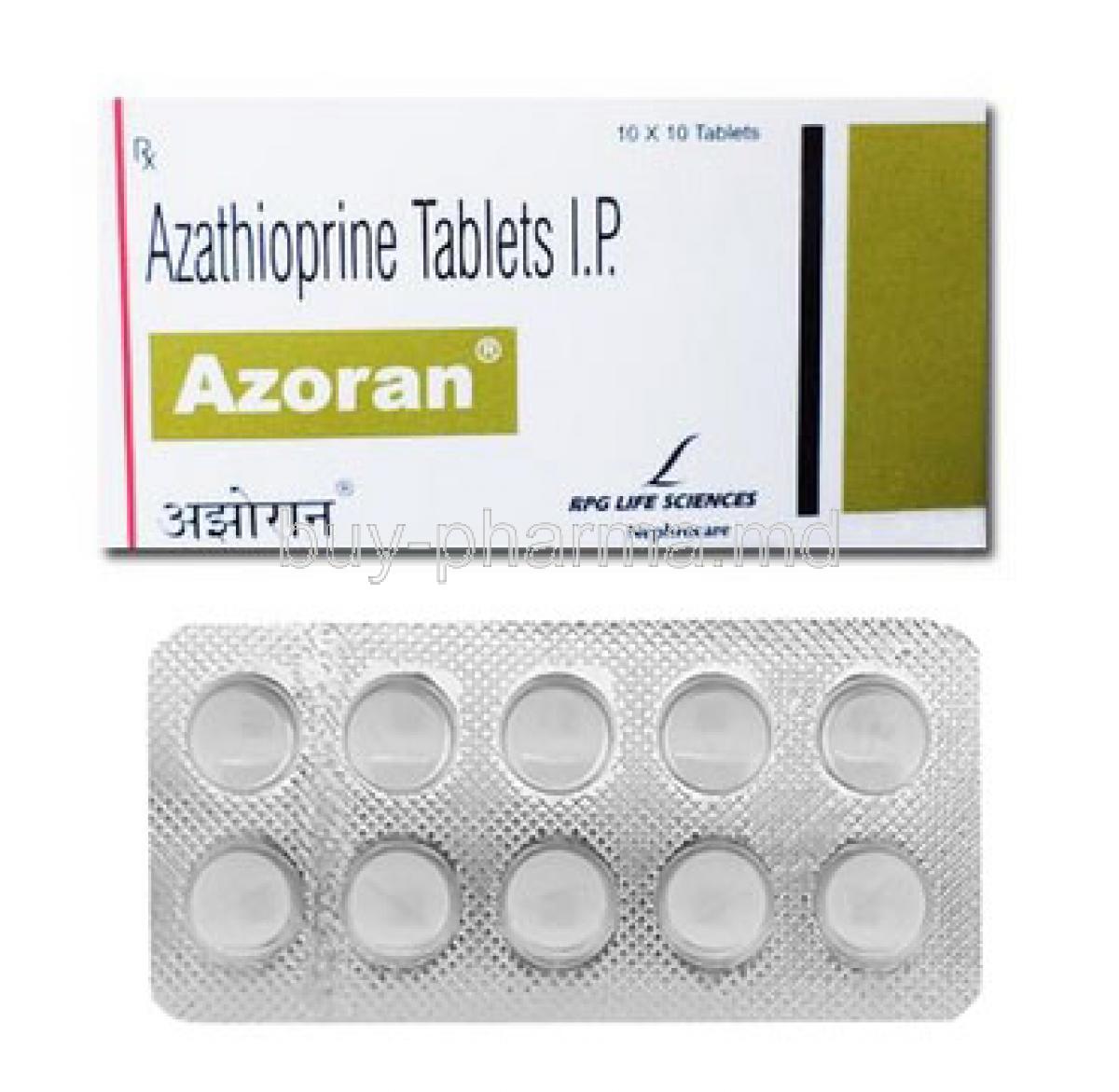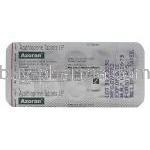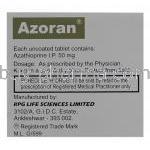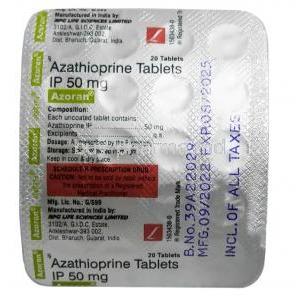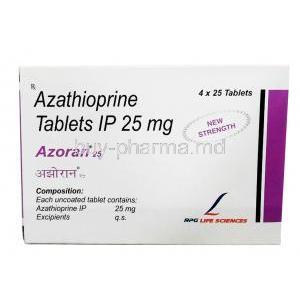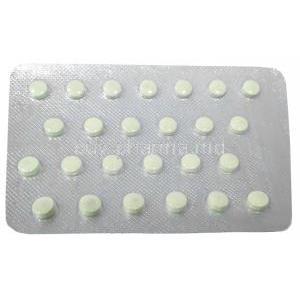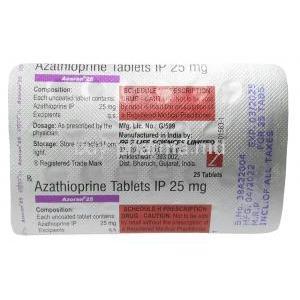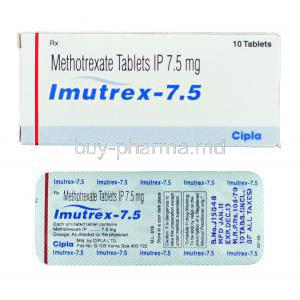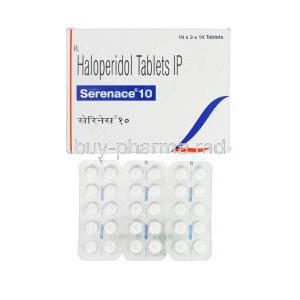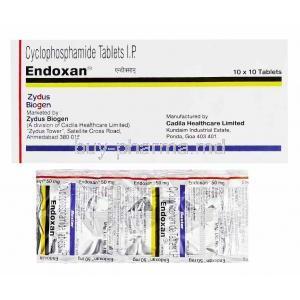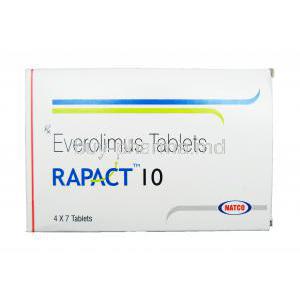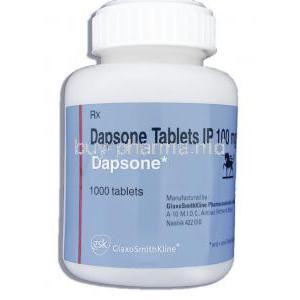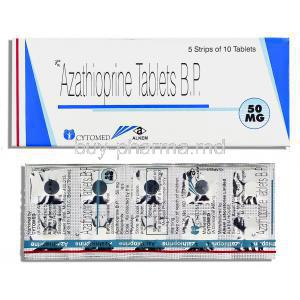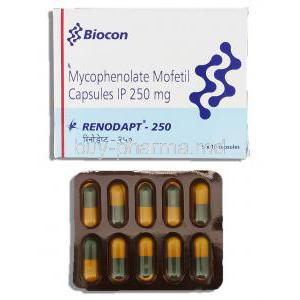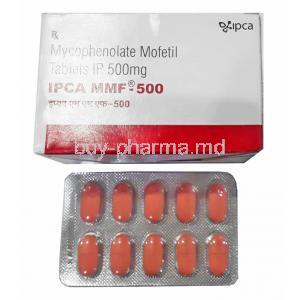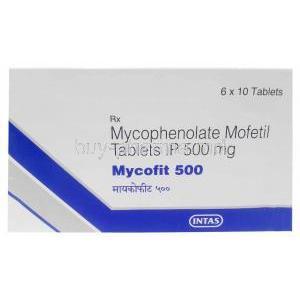1. Introduction to Azoran and Azathioprine
Azoran is a well-established pharmaceutical brand name for Azathioprine, a potent immunosuppressive agent primarily used to prevent organ transplant rejection and manage autoimmune conditions. Originally introduced in the mid-20th century, Azathioprine marked a revolutionary step in the field of immunomodulation, enabling safer and more sustainable outcomes in transplantation medicine.
Azathioprine belongs to the pharmacological class of purine analogs. It functions as an antimetabolite, disrupting DNA synthesis in rapidly dividing cells, particularly lymphocytes. Its dual role as both a therapeutic immunosuppressant and a steroid-sparing agent has made it indispensable in clinical immunology.
2. Approved Medical Uses of Azoran (Azathioprine)
Azoran is formally approved for several clinical applications where immune modulation is essential:
- Organ Transplantation: Used extensively in renal, hepatic, and cardiac transplant recipients to prevent graft rejection by suppressing the immune response to foreign tissues.
- Autoimmune Disorders: A cornerstone therapy in diseases such as rheumatoid arthritis and systemic lupus erythematosus, reducing the need for high-dose corticosteroids.
- Inflammatory Bowel Disease (IBD): Long-term control of Crohn’s disease and ulcerative colitis by maintaining remission and reducing flare-ups.
- Dermatologic Autoimmune Diseases: Effective in severe, treatment-resistant conditions like pemphigus vulgaris and dermatomyositis.
3. Off-Label and Investigational Uses of Azathioprine
Beyond approved indications, Azathioprine is frequently used in clinical practice for a variety of immunologically-mediated disorders:
- Multiple Sclerosis (MS): Though not first-line, it has been explored in patients with relapsing-remitting MS when standard therapies are ineffective or contraindicated.
- Autoimmune Hepatitis & Primary Biliary Cholangitis: Used to sustain remission and reduce hepatic inflammation.
- Myasthenia Gravis & Neuromyelitis Optica: Acts as a steroid-sparing agent to manage these neuromuscular and optic nerve conditions.
- Behçet’s Disease & Systemic Vasculitis Syndromes: Reduces recurrence of mucocutaneous and vascular manifestations by modulating immune response.
4. How Azoran Works: Mechanism of Action of Azathioprine
Azathioprine is a prodrug that undergoes hepatic conversion to its active form, 6-mercaptopurine (6-MP), and subsequently to thioguanine nucleotides. These metabolites inhibit the synthesis of DNA and RNA in proliferating cells.
- DNA Synthesis Inhibition: By mimicking purine structures, it halts the production of nucleic acids, essential for lymphocyte proliferation.
- Disruption of Purine Metabolism: Interferes with intracellular pathways crucial to immune cell replication.
- Suppression of Immune Cells: Inhibits both T-lymphocytes and B-lymphocytes, curtailing aberrant immune activity.
5. Azoran Dosage and Administration Guidelines
Correct dosing of Azoran is critical for efficacy and minimizing toxicity. Individualized treatment regimens are based on indication, body weight, and patient response.
- Standard Dosage: For organ transplantation, initial doses range from 3–5 mg/kg/day. For autoimmune conditions, 1–3 mg/kg/day is typical.
- Titration: Dosage is gradually adjusted based on therapeutic effect and laboratory monitoring (CBC, LFTs).
- Administration: Azoran is taken orally with food to reduce gastrointestinal side effects. It should be swallowed whole and not crushed.
- Monitoring: Regular blood tests are essential to monitor leukocyte counts, liver enzymes, and renal function during treatment.
6. Composition and Available Formulations of Azoran
Azoran is available in easy-to-administer oral tablet form, with precise formulation for dose customization.
- Active Ingredient: Azathioprine
- Strengths: Typically available in 25 mg and 50 mg tablets, allowing flexibility in dose adjustments.
- Excipients: Tablets may contain lactose, starch, and magnesium stearate—caution in patients with allergies or intolerances.
7. Common and Serious Side Effects of Azoran
Azathioprine is generally well tolerated, but adverse reactions—both mild and severe—can occur. Vigilant monitoring enhances safety during long-term therapy.
Common Side Effects
- Gastrointestinal: Nausea, vomiting, loss of appetite, and abdominal discomfort, especially at therapy initiation.
- Dermatologic: Skin rashes, photosensitivity, and hair thinning.
- Hepatic: Mild elevations in liver transaminases that are usually transient.
- General: Fatigue, malaise, and mild fever.
Serious Adverse Reactions
- Myelosuppression: Dose-limiting complication involving leukopenia, anemia, and thrombocytopenia.
- Hepatotoxicity: Rare but serious risk of liver veno-occlusive disease or cholestasis.
- Infectious Risk: Increased susceptibility to opportunistic infections due to immunosuppression.
- Malignancy: Elevated risk of lymphomas and skin cancers with long-term use.
8. Drug Interactions with Azathioprine
Azathioprine’s metabolic pathways can be affected by numerous drugs, necessitating dose adjustments or alternative therapies in some cases.
- Allopurinol and Febuxostat: Co-administration can increase azathioprine toxicity. Azathioprine dose must be reduced to 25–33% of the normal dose.
- Aminosalicylates (e.g., mesalamine): May inhibit thiopurine methyltransferase (TPMT), enhancing myelotoxicity.
- Anticoagulants (e.g., warfarin): Azathioprine can decrease the anticoagulant effect; INR monitoring is advised.
- Live Vaccines: Live attenuated vaccines (e.g., MMR, varicella) are contraindicated during treatment due to infection risk.
9. Warnings and Black Box Precautions
Azoran (Azathioprine) carries critical warnings that demand clinician vigilance and patient education. As an immunosuppressive agent, its therapeutic benefits must be weighed carefully against serious long-term risks.
- Increased Malignancy Risk: Prolonged use of Azoran has been associated with a heightened risk of developing malignancies, particularly lymphomas, hepatosplenic T-cell lymphoma, and non-melanoma skin cancers. Regular dermatologic screening and patient education on sun protection are essential.
- Progressive Multifocal Leukoencephalopathy (PML): Though rare, cases of PML—an often fatal demyelinating brain infection caused by the JC virus—have been reported. Immunosuppressed patients presenting with neurological changes should be evaluated promptly.
- Immunosuppressive Toxicity: Myelosuppression is dose-dependent and can be profound. Frequent complete blood counts (CBC) are mandatory to detect early signs of leukopenia, anemia, or thrombocytopenia.
10. Contraindications for the Use of Azoran
Certain medical conditions and clinical scenarios warrant absolute avoidance of Azoran due to the potential for severe or life-threatening outcomes.
- Hypersensitivity: Azathioprine is contraindicated in individuals with known hypersensitivity to azathioprine itself or its active metabolite, 6-mercaptopurine.
- Pregnancy (Selective Use): While Azoran may be used with caution in life-threatening maternal conditions, it is contraindicated in pregnancy when safer alternatives exist, particularly during the first trimester.
- Concomitant Myelosuppressive Therapy: Co-administration with other marrow-suppressing agents such as cyclophosphamide or methotrexate is contraindicated due to the compounded risk of pancytopenia.
- Severe Infections or Immunodeficiency: Active systemic infections or known immunodeficient states pose an unacceptable risk of opportunistic infections and sepsis during immunosuppressive treatment.
11. Important Precautions and Safety Monitoring
Successful long-term use of Azoran hinges on diligent surveillance and proactive risk mitigation strategies.
- Baseline and Routine Laboratory Testing: Obtain CBC, liver function tests (AST, ALT, ALP, bilirubin), and renal function parameters prior to initiation. Follow-up labs should be conducted weekly during initial dosing and periodically thereafter.
- TPMT Testing: Thiopurine methyltransferase (TPMT) genotyping or phenotyping helps predict toxicity risk. TPMT-deficient patients are at high risk of life-threatening myelosuppression and require extreme dose reductions or alternative therapies.
- Photosensitivity and Sun Protection: Patients are advised to avoid excessive sun exposure and use broad-spectrum sunscreen due to increased skin cancer risk associated with long-term use.
- Alcohol Use: Alcohol should be minimized or avoided, as it may potentiate hepatic strain and exacerbate hepatotoxicity, especially in patients with preexisting liver compromise.
12. Careful Administration in Special Populations
Use in Elderly Patients
Geriatric patients may experience amplified toxicity due to physiological changes associated with aging.
- Altered Pharmacokinetics: Age-related renal and hepatic function decline may impair drug metabolism and clearance, necessitating dose adjustments.
- Polypharmacy: Elderly individuals often take multiple medications, increasing the risk of drug-drug interactions and cumulative adverse effects.
Use in Pregnant Women and Nursing Mothers
- Pregnancy Category D: Azathioprine poses a potential risk to the fetus, including congenital anomalies and bone marrow suppression. However, in life-threatening autoimmune conditions, the benefits may outweigh risks.
- Lactation: Azathioprine and its metabolites may be excreted in breast milk. Nursing is generally discouraged unless benefits to the mother justify potential risks to the infant. If continued, close monitoring of the infant is essential.
Use in Pediatric Patients
- Approved Indications: Azoran is used in pediatric populations for conditions such as juvenile idiopathic arthritis and pediatric IBD.
- Dosing and Monitoring: Weight-based dosing is mandatory. Children require frequent laboratory monitoring due to variable pharmacokinetics and increased susceptibility to toxicity.
13. Azoran Overdose and Emergency Management
Azathioprine overdose constitutes a medical emergency that mandates immediate intervention.
- Symptoms: Overdose typically results in severe bone marrow suppression, leading to pancytopenia. Gastrointestinal toxicity such as nausea, vomiting, and diarrhea may also occur.
- Initial Response: If ingestion is recent, activated charcoal or gastric lavage may be considered. There is no specific antidote.
- Supportive Measures: Hematologic support includes transfusions and colony-stimulating factors. Infection prophylaxis and treatment should be initiated early. Intensive monitoring is warranted for several weeks post-exposure.
14. Storage and Handling Instructions for Azoran
Proper storage and handling ensure the medication's potency and safeguard caregivers from inadvertent exposure.
- Storage Conditions: Store tablets at controlled room temperature, preferably between 15°C to 25°C (59°F to 77°F). Protect from excessive moisture and direct sunlight.
- Safe Handling: Azoran is classified as a cytotoxic drug. Caregivers should avoid touching broken or crushed tablets with bare hands. Use of gloves is recommended during handling.
- Disposal: Unused or expired tablets should not be discarded in household waste. Follow local regulatory guidelines for disposal of cytotoxic agents.
15. Handling Precautions and Occupational Safety
Due to its cytotoxic profile, specific precautions are essential during the preparation and administration of Azoran.
- Tablet Integrity: Tablets must be handled whole. Crushing or breaking may aerosolize particles, increasing the risk of exposure via inhalation or dermal contact.
- Protective Equipment: Healthcare workers or caregivers should use gloves, masks, and protective clothing when handling the drug, especially during dose preparation for non-compliant patients.
- Hand Hygiene: After administering the drug or handling packaging, hands should be thoroughly washed with soap and water. Avoid touching the eyes or mucous membranes until decontamination is complete.
Azoran, Azathioprine FAQ
- What is Azoran used for?
- What is the most common side effect of azathioprine?
- Are Azoran and azathioprine the same?
- Is azathioprine considered chemotherapy?
- What are the benefits of taking azathioprine?
- How long can I stay on azathioprine?
- What to avoid while taking azathioprine?
- What are the disadvantages of azathioprine?
- Why is azathioprine taken at night?
- Can azathioprine affect your brain?
- Can azathioprine cause weight gain?
- Can azathioprine affect your teeth?
- What happens when you stop taking azathioprine?
- What autoimmune diseases does azathioprine treat?
- How long can you stay on azathioprine?
- What color is azathioprine urine?
- How do you know if azathioprine is working?
- What are the most common side effects of azathioprine?
- Does azathioprine cause hair loss?
- How successful is azathioprine?
- What is the best time of day to take azathioprine?
- Is azathioprine a steroid?
- Can I take vitamin D with azathioprine?
- Is azathioprine chemo?
- Can azathioprine affect sleep?
- What cancers can azathioprine cause?
- What is the alternative to azathioprine?
- What is sweet syndrome with azathioprine?
- What is safer, prednisone or azathioprine?
- Does azathioprine thin hair?
What is Azoran used for?
The Azoran Tablet is a type of medicine known as an immunosuppressant. It helps your body not reject an organ thats been transplanted, like a kidney or a heart. Doctors usually prescribe it alongside medications for this purpose. It's also useful in treating rheumatoid arthritis.
What is the most common side effect of azathioprine?
Nausea, fever, fatigue, Arthralgias/myalgia, bone marrow suppression, rash
Are Azoran and azathioprine the same?
Azoran contains Azathioprine
Is azathioprine considered chemotherapy?
Yes
What are the benefits of taking azathioprine?
Azathioprine is a type of medicine known as an immunosuppressant. It helps your body not reject an organ that's been transplanted, like a kidney or a heart. Doctors usually prescribe it alongside medications for this purpose. It's also useful in treating rheumatoid arthritis.
How long can I stay on azathioprine?
This should last for a minimum of two years. You'll need to keep it up for least a year after your blood work returns to normal.
What to avoid while taking azathioprine?
Milk or dairy products
What are the disadvantages of azathioprine?
Azathioprine can lower your white blood cells thereby lowering immunity.
Why is azathioprine taken at night?
If Azathioprine is making you feel queasy try taking it with food or right before you go to bed.
Can azathioprine affect your brain?
This medicine may increase your risk of developing infections, including a serious brain infection called progressive multifocal leukoencephalopathy
Can azathioprine cause weight gain?
Yes
Can azathioprine affect your teeth?
Azathioprine significantly retards the orthodontic tooth movement and decreases the number and activity of osteoclasts.
What happens when you stop taking azathioprine?
There's a chance of flare-ups and relapse
What autoimmune diseases does azathioprine treat?
Certain illnesses, like lupus, inflammatory bowel disease and rheumatoid arthritis
How long can you stay on azathioprine?
Long term for the rest of your life
What color is azathioprine urine?
Bright yellow urine
How do you know if azathioprine is working?
It can take up to 8-12 weeks after you start taking azathioprine for you to see improvement in your arthritis.
What are the most common side effects of azathioprine?
- Fatigue
- Ulcers
- Decreased immunity
Does azathioprine cause hair loss?
Yes
How successful is azathioprine?
45% and 58% for Crohn's disease and ulcerative colitis
What is the best time of day to take azathioprine?
Bedtime
Is azathioprine a steroid?
No
Can I take vitamin D with azathioprine?
Yes
Is azathioprine chemo?
Yes
Can azathioprine affect sleep?
No
What cancers can azathioprine cause?
It can cause skin cancer, specifically a type called squamous cell carcinoma and also increases your risk of developing non Hodgkin lymphoma.
What is the alternative to azathioprine?
Mercaptopurine
What is sweet syndrome with azathioprine?
Sweet syndrome is characterized by fever, constitutional symptoms, peripheral neutrophilia and abrupt onset of erythematous papules, plaques or nodules
What is safer, prednisone or azathioprine?
Azathioprine requires regular blood test and has a higher risk for infections while Prednisone can cause mood changes and bone weakening.
Does azathioprine thin hair?
Yes

